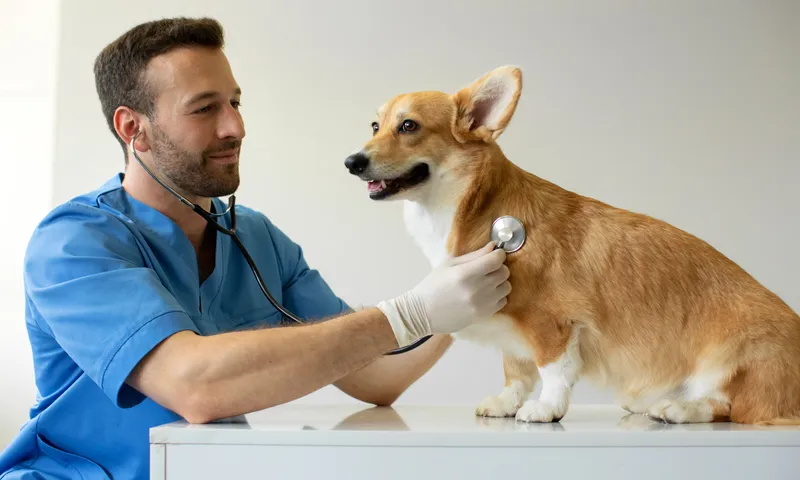Can Dogs Have Irregular Heartbeats

When caring for your pet, you might wonder, can dogs have irregular heartbeats? The short answer is yes. Just like people, dogs’ hearts sometimes don’t beat in a steady rhythm, a condition vets call arrhythmia. It can be harmless in some cases, but in others, it might point to something more serious. Knowing what to look for helps you stay ahead of any health issues and keep your furry friend feeling their best.
Irregular heartbeats are usually caused by abnormal electrical activity in the heart muscle. Sometimes it’s something a dog is born with, and other times it develops later in life due to illness, injury, or even stress. Certain breeds are more prone to arrhythmias such as bulldogs, pugs, shih tzus, and other flat-faced (brachycephalic) breeds.
What Causes Irregular Heartbeats in Dogs?
There are a few different reasons this condition can happen. One common cause is an autonomic imbalance in the nervous system, which affects how the heart responds to signals from the brain. Other potential triggers include heart disease, underlying health conditions, and overstimulation of the vagus nerve. In some cases, even intense excitement or exercise can temporarily throw a dog’s heart rhythm off balance.
Symptoms
It’s not always obvious. Some dogs might seem perfectly fine, while others may show signs like coughing, weakness, fainting, or difficulty breathing. Less overt symptoms might be reluctance to exercise, anxiety, blurred vision, or chest tightness. Sometimes, the irregular heartbeat is found during a routine vet check before symptoms even show up.
Managing arrhythmia also means managing your dog’s lifestyle. Making sure they stay at a healthy weight, eat balanced meals, and get exercise that’s appropriate for their condition can make a big difference. Stress reduction matters, too. If your dog tends to get overly anxious or worked up, your vet may offer tips to help keep their heart rate in check.
Treatment
Treatment really depends on the cause and how severe the arrhythmia is. In mild cases, your vet may simply keep an eye on things. If it’s more serious, medication might be prescribed to help regulate your dog’s heartbeat or treat any underlying condition. Vets sometimes use electrocardiograms to monitor heart activity for 24 hours or more. This helps determine how often the irregular rhythm happens and whether it needs more active treatment.
Untreated irregular heartbeats can lead to complications like heart failure or sudden collapse. But catching the issue early means your dog has the best chance at a good quality of life. Regular vet visits and being tuned in to changes in your dog’s behavior can make all the difference
Bottom Line
Untreated irregular heartbeats can lead to complications like heart failure or sudden collapse, but early detection gives your dog the best chance for a healthy life. If something seems off, whether it’s unusual tiredness, coughing, or fainting, don’t wait to get it checked out. Your vet can help figure out what’s going on and what to do next. A healthy heartbeat matters, and with a little care and attention, you can help your pup stay happy, active, and by your side for years to come.


